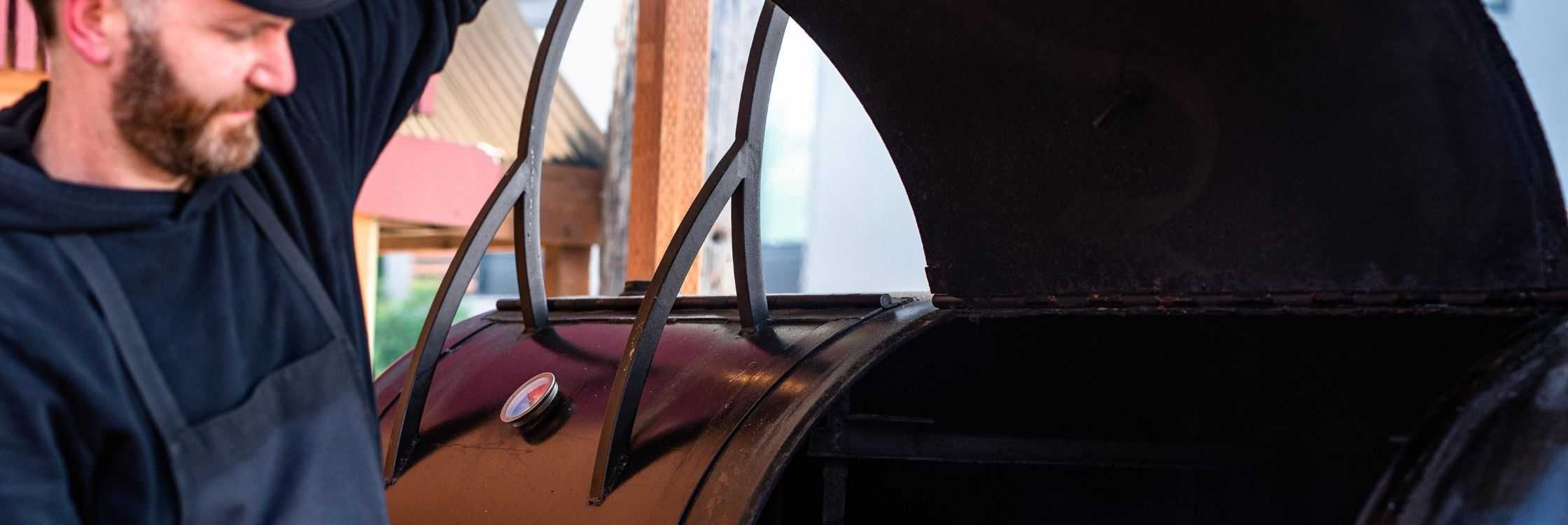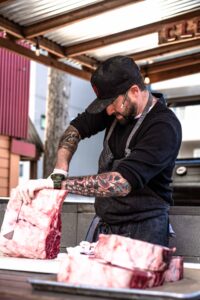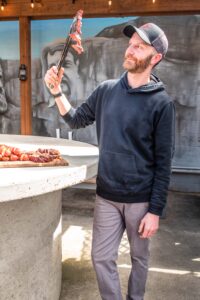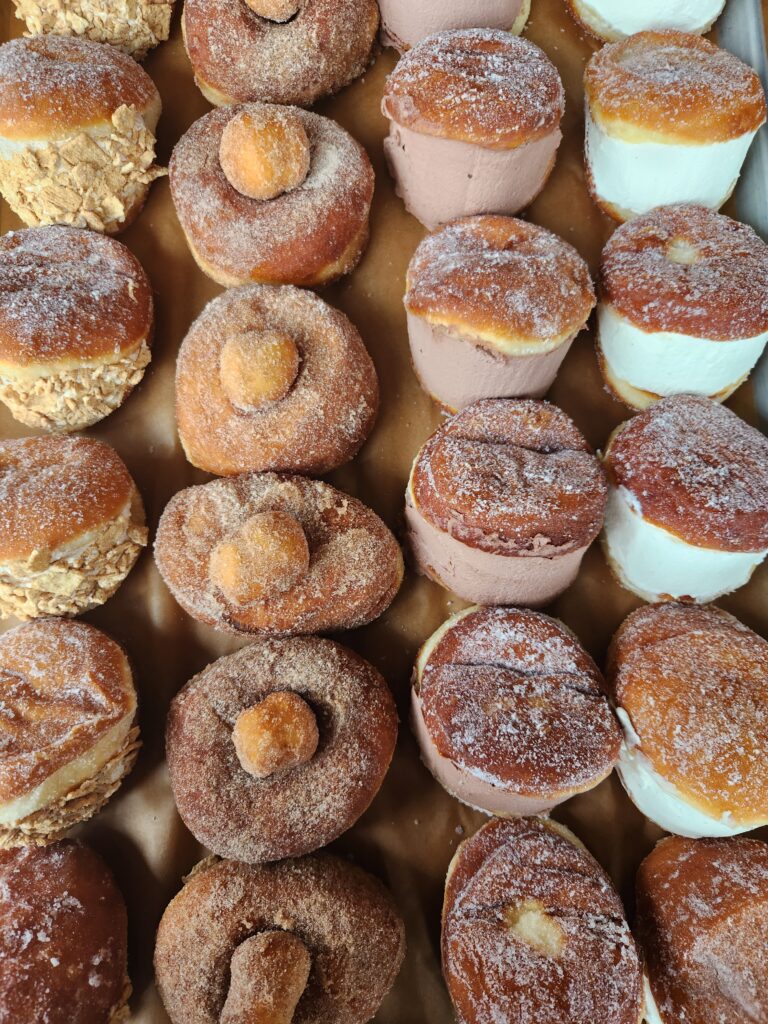
If you’re not well versed in the world of meats, you may be wondering why people are raving about the Lady Jaye smokehouse and restaurant? It’s just like BBQ, right? Although there are some similarities between smokehouse meats and BBQ, they differ in some pretty critical ways that greatly influence the taste of your meats.
Not to talk bad about barbecue, but there’s a certain level of time and expertise that goes into smokehouse cooking that barbecue just can’t measure up to.
If you find yourself deciding between a BBQ or smokehouse experience, we suggest you debrief on some of the similarities and differences. Here’s everything you should know about smokehouse Seattle meats vs. BBQ meat.
Whether you opt to use a smoker or BBQ to cook your favorite cuts of meat is completely up to you. While many use the terms grill and BBQ interchangeably they vary in a significant way. Grilling is often done quickly and at a high temperature. Smoking and BBQing are done at lower temps over longer periods of time. According to many experts, it’s important that the food be surrounded by smoke produced by wood chips (during a portion of the cooking process).
Again, when you smoke or BBQ meat, it’s a slow process and executed at a low temperature. This is the way that the two processes are most similar. When you’re grilling food, you’ll set your grill to a hot temperature, around 350℉, and your cook time is often less than an hour. Grilling is ideal if you’re in a bit of a time crunch. With a grill you also have the option to throw on vegetables or fruit.
Smoking and BBQing, however, are often reserved for cooking meat. In fact, unlike grilling, you can cook extremely large cuts of meat all at once (ribs, pork shoulder, brisket, etc.). To ensure large cuts of meat are cooked appropriately and to temperature, smoking is ideal. It’s important to maintain the cooking environment for the meat if you opt to smoke your meat. This means that the temperature should be consistent and there should constantly be the correct level of smoke throughout the entirety of the process.

Now, let’s go over some of the differences between smoking and BBQing meat. If you’re interested in smoking meat and are new to the process, we suggest you chat with your local butcher shop to see what cuts of meat they recommend for beginners. A local butcher can often provide tips and tricks for different cooking processes as well as temperature, time and woodchip recommendations.
One of the largest differences between smoking and BBQing meat is, well, the smoke. Many opt to add wood chips to a BBQ to add some smoky flavor to the cuts of meat. However, when you smoke meat using a smoker, the cuts are actually cooked by the smoke itself. The smoke comes from smoldering chips made from various types of wood, like apple, cherry, hickory or mesquite.
The smoke flavors the meat, making it very distinct from barbecuing meat, and ultimately, for many, more rewarding. Due to the flavoring nature of wood chips, many opt to minimize sauces or rubs when smoking food or add the sauce later in the cooking process. This isn’t to say that you’ll want to nix rubs or sauces altogether, but you may think twice before slathering it on.

We’re breaking down a full Full-Blood Wagyu cow from Bar R Wagyu (Pullman, WA) and flying in A5 Miyazaki direct from Japan. Rare cuts, marbling madness, and fat caps for days.The Smoked Prime Rib is rolling.
Grab gifts for Dad, grab a drink, and grab some meat. Father’s Day just got leveled up.

From the creative minds of the Lady Jaye team comes Little Jaye, South Seattle's newest bakery, coffee and pastry obsession.
